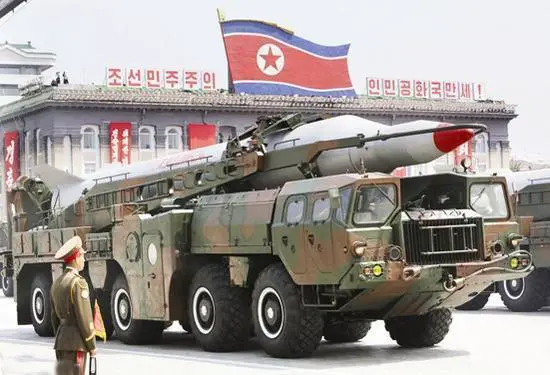The suspension of a baby hatch in a south China city on Sunday has once again highlighted the country's dilemma in protecting abandoned infants.
Chinese authorities suspended use of the baby hatch in Guangzhou City, capital of Guangdong Province, because the operator could not deal with the increasing number of babies being left.
A baby hatch allows a parent to safely and anonymously abandon an infant. The hatch consists of an incubator, a delayed alarm device, an air conditioner and a baby bed. A person can place the baby in the hatch, press the alarm button, and leave. Welfare staff retrieve the baby five to 10 minutes later.
The first baby hatch in the country was set up in June 2011 in Shijiazhuang, capital city of north China's Hebei Province. So far, a total of 25 baby hatches have been established in 10 provincial regions in the country.
Guangzhou is the first to suspend its program. It received more babies than any other major city.
Lack of facilities
Authorities said the temporary suspension was because of a lack of facilities.
A total of 262 babies had been collected from the hatch since it was established in late January, causing tremendous pressure on its operator, Guangzhou City Welfare Center (GCWC), said Xu Jiu, the center's director.
"The number of babies we have received is much higher than in other parts of the country over the same period," Xu said.
As a result, there has been a shortage of rooms, beds, quarantine facilities and staff to care for the babies.
"I hope people understand the center's difficulties," Xu said, adding that the suspension of the hatch would help them better focus on treating the babies they have.
He said the center will work on epidemic prevention to ensure there are no outbreaks of infectious diseases.
"We are also considering transferring some babies to other welfare centers in other cities of Guangdong," said Zhuang Yuequn, bureau chief of Guangzhou City Civil Affairs Bureau.
The hatch will reopen when the situation improves, according to Zhuang.
Where are the babies from
All 262 babies either suffer from diseases, disabilities or illnesses, including 110 cases of cerebral palsy, 39 cases of Down's syndrome, and 32 cases of congenital heart disease.
Among the abandoned babies, 148 are boys and 114 are girls. The ratio suggested that gender discrimination was not the main reason for the babies to be abandoned, Xu Jiu said.
Incurable diseases along with the heavy economic burden are the major reasons, said Xu. "Parents bring their ill babies to big cities in the hope of having them cured. But many just end up abandoning them," he said
"In fact before the establishment of the baby hatch, 80 percent of the unwanted babies at our center were found in hospitals," Xu said. "Ninety-eight percent of children in our center now are disabled abandoned children who can not live by themselves."
Dilemma
Almost three years after the first baby hatch in the country was set up, controversy has remained.
Many endorsed baby hatches, hailing them as a sign of social progress and a way to help save the lives of abandoned babies. However, others believe the hatches encourage people to abandon their unwanted children, which is prohibited by Chinese law.
Mainstream social welfare experts however believe protecting the lives of babies and punishing the illegal abandoning of infants should run parallel.
Guan Xinping, a professor of social welfare and policy from Nankai University, said that the promotion of baby hatches was the government's choice in the dilemma, but not a long-term option.
"Abandoning babies is undoubtedly in violation of the law and morals, but the fact is the behavior cannot be fully eliminated, and abandoning babies secretly will certainly do more harm," Guan said. "As we can not eliminate babies being abandoned, we try to minimize the harm."
Guan said while baby hatches should remain, more importantly, the government should improve its aid system to disabled children and their families, including free treatment and rehabilitation, and support for parents.
"Aid should be given to the whole family. The family is crucial in providing a healthy and happy environment for handicapped children to grow up in," Guan said.
Shang Xiaoyuan, a professor in child protection at Beijing Normal University, urged the government to reconsider the use of baby hatches.
"I believe no one, from civil affair ministries to welfare institutions, would like to see an increasing number of babies abandoned. Although their original intention is one of good, the existence of baby hatches may be a signal to parents that they are being given a silent nod to abandon their children," Shang said.
 简体中文
简体中文



